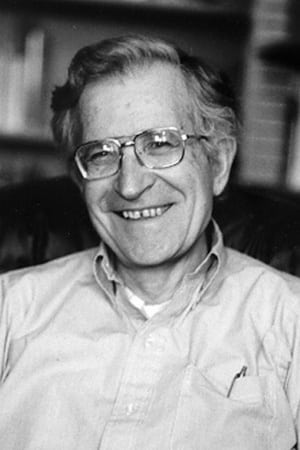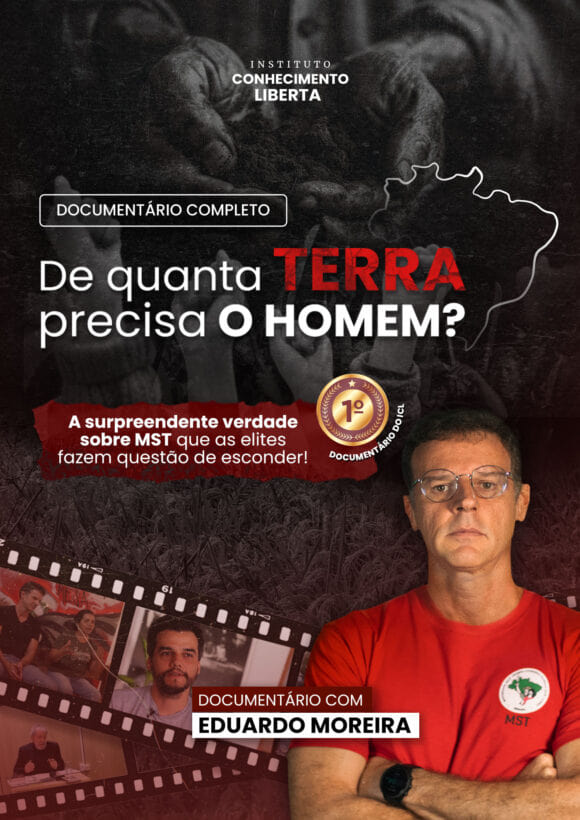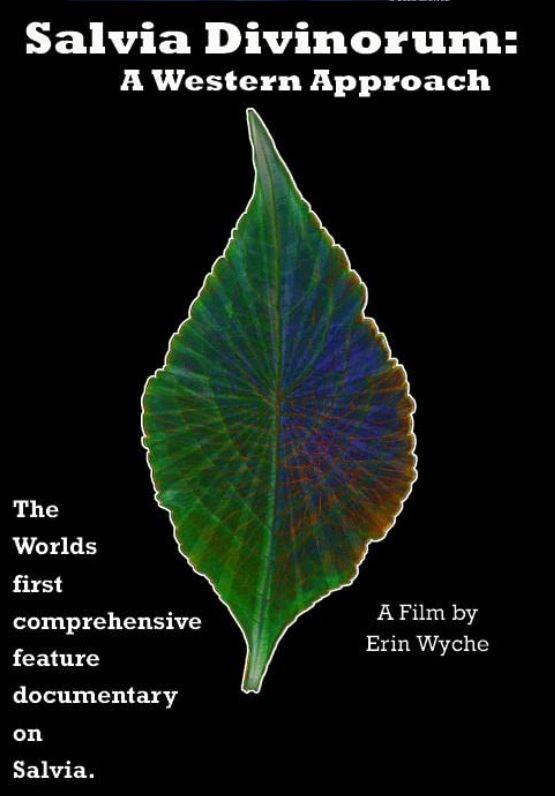

American linguist, philosopher, cognitive scientist, and political activist. He was an Institute Professor and professor emeritus of linguistics at the Massachusetts Institute of Technology. Chomsky is well known in the academic and scientific community as one of the fathers of modern linguistics. Since the 1960s, he has become known more widely as a political dissident and an anarchist.

Cinepoem about the current Palestinian tragedy, with Brazilian films from...


Salvia Divinorum is an often misunderstood and powerful psychedelic plant...